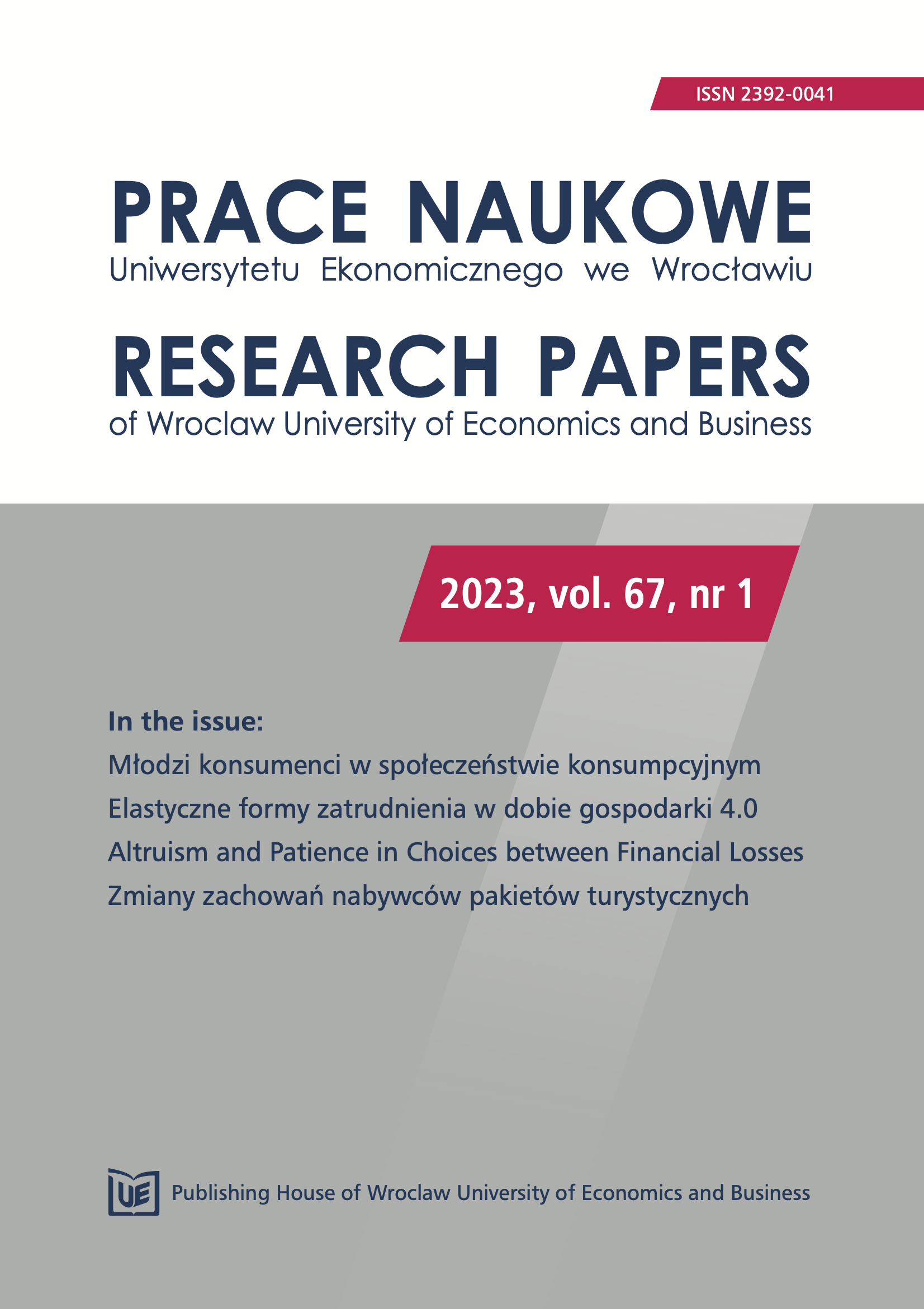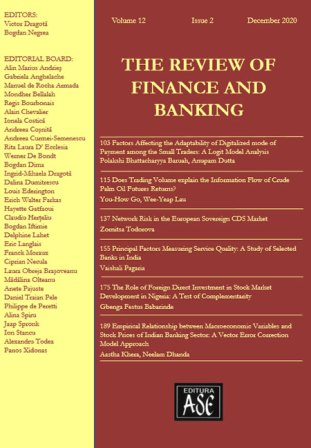MEDIATING EFFECTS OF DISPOSITIONAL MINDFULNESS ON THE RELATIONSHIP BETWEEN NEUROTICISM, CONSCIENTIOUSNESS AND WORRIES, TENSION AND LACK OF JOY
Author(s): Predrag Miladinović / Language(s): English
/ Issue: 02/2022
Keywords: Dispositional mindfulness; neuroticism; conscientiousness
The aim of the present research was to examine the mediating effects of Dispositional Mindfulness on the associations of the traits Neuroticism and Conscientiousness with Worries, Tension and (Lack of) Joy. The research sample consisted of participants from German-speaking general population (N=430; 73% females and 23% males) mean age x̄=39, σ=14.6 (min=19, max=77). The scales demonstrated high reliability. The Conceptual Model 1.2 was structured on the following associations: a negative correlation between Dispositional Mindfulness and Neuroticism (r=-0.64; p<.01) positive correlation with Conscientiousness (r=-0.41; p<.01), and negative correlations with Worries (r=-0.57; p<.01), Tension (r=-0.54; p<.01), and (Lack of) Joy (r=-0.62; p<.01). The results of mediation analysis indicate powerful indirect effects of Dispositional Mindfulness in all of the tested relationships: between Neuroticism and Worries (b=0.15; β=0.12; p <.001, 95% Bca CI 0.091, 0.217), Neuroticism and Tension (b=0.13; β=0.12; p <.001, 95% Bca CI 0.077, 0.208), Neuroticism and (Lack of) Joy (b=0.18; β=0.19; p<.001, 95% Bca CI 0.124, 0.241), and Conscientiousness and (Lack of) Joy (b=-0.10; β=-0.08; p <.001, 95% Bca CI -0.096, -0.058). Empirical evidence supports the theoretical assumptions that Dispositional Mindfulness strongly influences personality traits in the context of cognitive, affective, and somatic difficulties, and stimulates insight into one’s own behaviours and potential formation of functional responses.
More...



